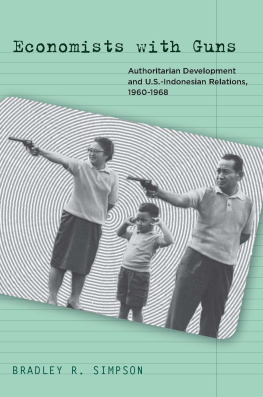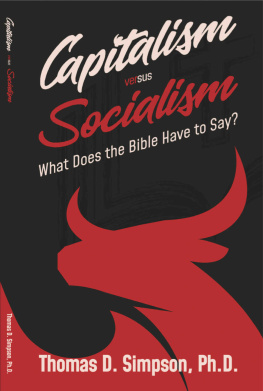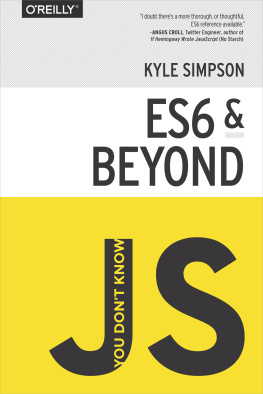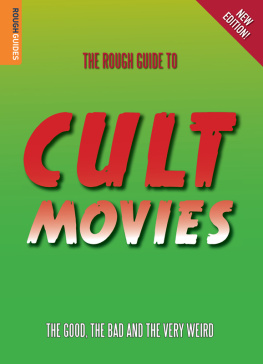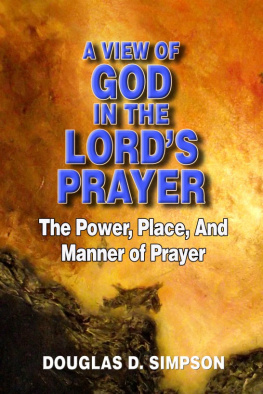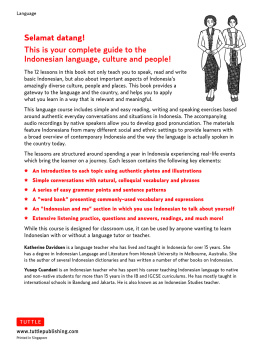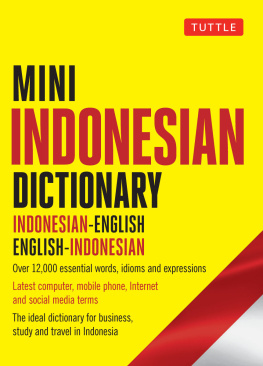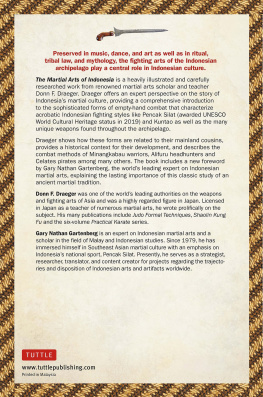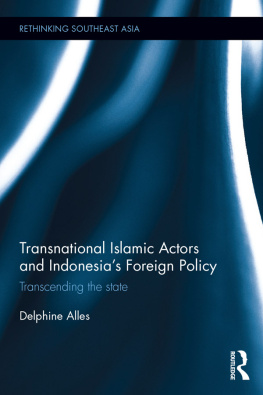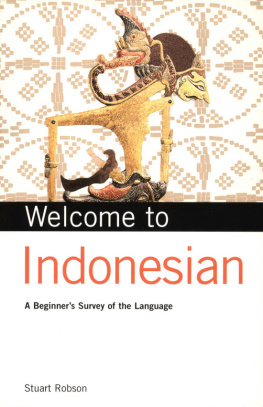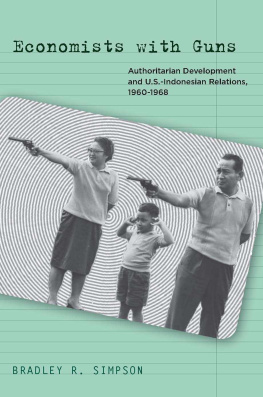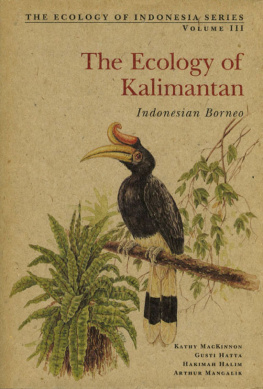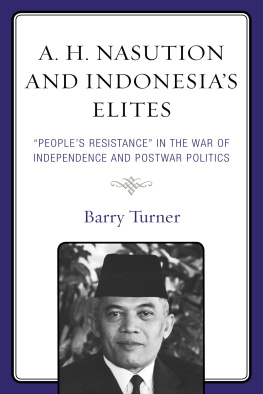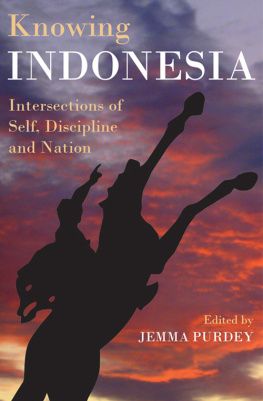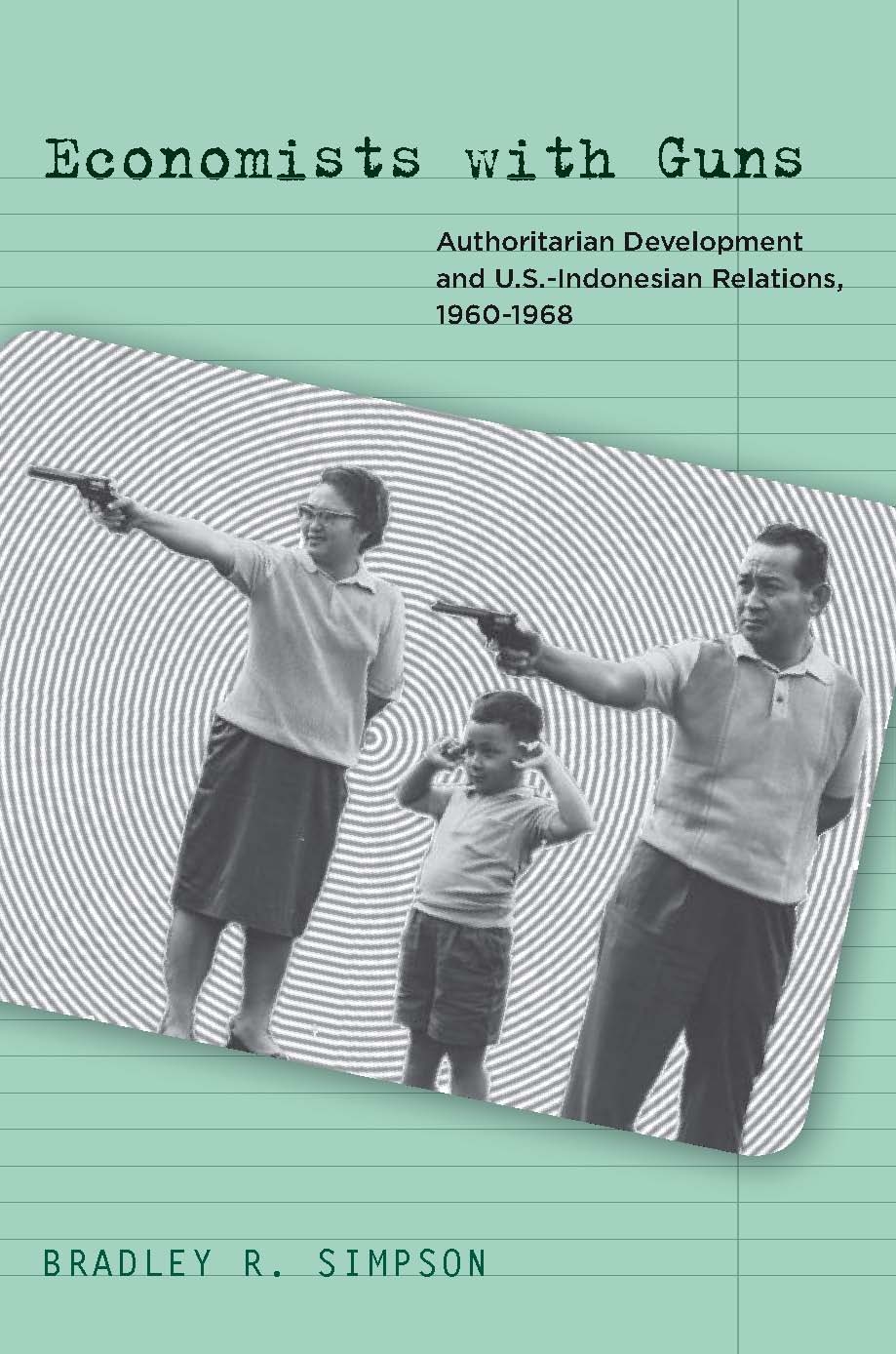Acknowledgments
The writing of ones first book, while agonizingly lonely, is the product of countless acts of kindness large and small. I have been helped along the way by innumerable archivists and staff, teachers, mentors, friends, and family, many of them immersed not in the world of academia but in movements for human rights and social justice in the United States, Indonesia, and East Timor.
This project grew out of my nave shock as a college student upon discovering that the United States had supported the 1975 Indonesian invasion of East Timor, a tiny island nation that most Americans and I had never heard of. This discovery outraged me as a citizen and intrigued me as a historian, sending me on a search for origins, in this case of the U.S. alliance with the authoritarian regime of Suharto. My research and writing have been guided by the belief that historians are not mere scribes but active participants in shaping collective memory, including of events that most would wish to sweep under the carpet, incompatible as they are with the narrative of American exceptionalism in foreign policy.
I have piled up many debts along the way, especially to the archival staffs of the Lyndon B. Johnson Presidential Library, the John F. Kennedy Presidential Library, the National Archives and Records Administration, the Library of Congress Manuscript Division, the Ford Foundation Archives, the Rockefeller Archives Foundation, the AFL-CIO Archives, the Hoover Institution Archives, and the National Archives of the United Kingdom. I am grateful to the Rockefeller Archives Foundation, the John F. Kennedy Presidential Library, Northwestern University, Idaho State University, and the University of Maryland, Baltimore County, for providing funding to facilitate my research and writing.
I owe a special debt to those who read or commented on all or part of this manuscript and on the conference papers from which they were derived and who helped to get the book to press: John Roosa, David Schmitz, Mark Bradley, David Painter, Anne Foster, Nick Cullather, Robert McMahon, Matthew Jones, Michael Latham, Joe Nevins, Gwyn Sundell, Bob Buzzanco, Christopher Jesperson, Randall Woods, and Baskara T. Wardaya, S.J. My mentors at Northwestern UniversityBruce Cumings, Laura Hein, Michael Sherry, and Jeffrey Wintersprovided models of engaged scholarship and support along the way. Muriel Bell at Stanford University Press took a chance on this manuscript at an early stage, for which I am forever grateful, and Joa Soarez and Kirsten Oster helped shepherd the manuscript to publication.
Friends and family, of course, bear the brunt of the journey from graduate school to dissertation to first book. My family has offered untiring encouragementdoubtless tempered by reliefwhile friends have kept me grounded and ever conscious of the need to connect scholarly inquiry to the ongoing efforts of those engaged in grassroots movements. My greatest debt is to Kristinwife, best friend, and confidantwhose support has eased the way and whose commitment to peace and social justice is a daily inspiration. All errors of fact or interpretation are my own.
Conclusion
At the end of January 1968 Indiana senator Birch Bayh appeared on The Joey Bishop Show , a popular nationwide late-night television talk show, following his first visit to Indonesia. Bayh, previously a staunch opponent of U.S. aid to Jakarta, told Bishop:
It is easy for me to get too enthusiastic about what is going on in Indonesia, because here you have a society that was strictly a socialist society, a state-controlled society, that was almost communistic, and now they have a group... most of them trained back here in the good old USA, and they have decided to implement a free enterprise system, and they are going to do it in a short period of time, and to see some of the evolution, if not revolution, that is taking place there now is extremely worthy.
This belongs in the man bites dog category, Walt Rostow wrote the president, referring to the en masse conversion of Sukarno critics into Suharto boosters.
Official optimism regarding Indonesia contrasted sharply with Washingtons deepening pessimismprompted in part by military and political stalemate in Vietnamover its inability to effect similar political, economic, and social transformation in other postcolonial societies. U.S. officials viewed the Suharto regime in 1968 as one of the great successes of American foreign policy. Sukarno and the PKI were destroyed, political parties had been neutralized, the regime was committed to economic reform and open to foreign capital, and the armywhich the CIA argued was solely equipped for the gigantic task of modernizationwas beyond effective political challenge. Moreover, Indonesia was playing a moderate, responsible political role in the region through its participation in ASEAN. Initially ASEAN was little more than a forum for periodic meetings of Southeast Asian foreign ministers (and it was hamstrung through 1968 by the Philippines continued claim to the Malaysian island of Sabah), but U.S. officials viewed ASEAN as the first truly indigenous regional association of the Cold War era, one that could be expected to counter Beijings influence and indirectly serve American interests. Although Indonesia resolutely maintained its nonalignment in public, the governments utter dependence on foreign aid and investment and the militarys bitter anti-Communism lent Indonesian neutralism a decidedly pro-Western cast.
The September 30th Movement and the ensuing mass murder of PKI supporters that paved the way for Suhartos ascendance made U.S. officials look prescient as well as lucky. McGeorge Bundy wrote President Johnson that the dramatic turnaround in Jakarta was a striking vindication of our policy... of keeping our hand in the game for the long-term stakes despite recurrent pressures to pull out. This policy was also a reflection of Washingtons persistent conviction that Indonesia would prove unable to solve its manifold economic and political problems until the PKI was destroyed. The administrations enthusiastic support for the army-led slaughter was thus a predictable, if damnable, result of the United Statess persistent linking of its own global credibility with the fortunes of indigenous radicalism and local military forces, a pattern repeated in Guatemala, Brazil, Chile, and countless other countries during the Cold War and one magnified in importance by escalation of the war in Vietnam.
Washingtons fears about Indonesian Communism were intimately bound up with its commitment to Indonesian economic and political development. The literature on U.S.-Indonesian relations during the Kennedy and Johnson administrationswhich focused on anti-Communism, geopolitics, and national securityhas been almost wholly silent on this fusion of concerns, concerns so apparent, for example, in the scholarship on the Alliance for Progress in Latin America.
The economic underpinnings of American anti-Communism in Indonesia were most starkly revealed in the months following the collapse of the September 30th Movement. William Bundy later wrote that historians of the theorist and process-oriented persuasions will find in this period almost no formal papers seeking to define or describe the path that eventually led to a solid American relationship with the new regime in Indonesia and to a major American contribution to the economic and social recovery of this key nation.
Many Indonesians saw things differently, both from the United States and from each other. Like the military junta in Brazil, Suhartos New Order publicly based its legitimacy on the basis of its commitment to modernization and economic growth. But although U.S. officials and scholars shared a broad consensus on the definition of modernization, elites in Indonesia and many other countries selectively appropriated its ideals to suit their own diverse needs and purposes. Western-trained technicians, military officials, and Muslim groups, among others, all came to different conclusions as to the meaning of modernization and its implications for the countrys political and economic development.

